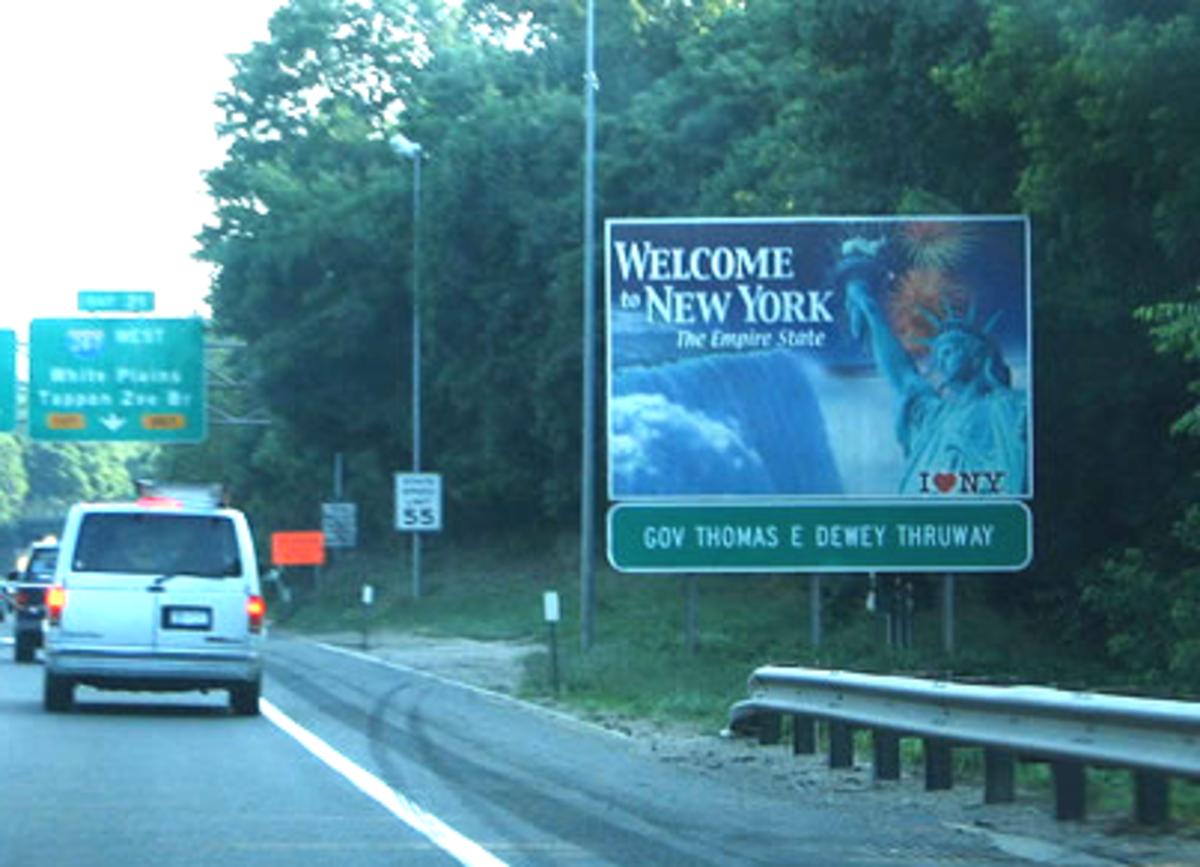Table of Content
Ask questions of key personnel at the facilities you visit -- the nursing home administrator, admissions director, social work director, nursing director and medical director, for example. A caring nursing home should welcome both your desire to visit and the questions you ask. Nursing homes are places to live where care is available for people of all ages who need 24-hour nursing care and supervision outside of a hospital.

Other investigations will be conducted by the Complaint Resolution Unit comprised of clinical professionals who will contact the facility to obtain medical records facility records and other information to determine the outcome of the investigation. NYS DOH operates a Nursing Home Complaint Hotline to receive complaints about nursing home care in New York State. The Hotline is staffed by clinical professionals who provide specific information about callers' concerns.
Reopening Guidance for Medical Model Adult Day Health Care Program
The search warrants were related to an investigation into patient care, according to a spokesperson for NY Attorney General Eric Schneiderman. The parties must be notified in writing of the decision and provided information on the right to seek review of the decision, if review is available. Resident, as a matter of religious belief, desires to observe Jewish dietary laws. This advisory is to inform nursing home operators of current allowances regarding the resumption of construction/renovation projects at nursing home facilities. Include any names and phone numbers with whom you have already filed a complaint with. Section II provides information on what to look for when you visit a nursing home.

At the conclusion of each inspection, the Department’s findings are shared with nursing home administrative staff in an exit interview and are included in a survey report that is forwarded to the facility. If the Department has determined that the nursing home failed to comply with all applicable state and federal licensure standards, the facility will be cited for deficiencies. Nursing home inspections, whether standard or in response to complaints, are conducted without notice to the facility.
Title: Part 415 - Nursing Homes - Minimum Standards
This effort began in 2011 to improve quality of care and patient outcomes over the full range of health care, including mental health, substance use, and developmental disability services. Medicaid consumers who also get Medicare must join a Managed Long Term Care Plan. Medicaid-only consumers must join a Medicaid Managed Care Plan unless they meet certain conditions. Discuss nursing home placement with your family so that all possibilities can be fully explored and your feelings are known. Watch for articles in newspapers and magazines and for television programs that discuss nursing homes. Pick up information on nursing homes from social service agencies or local aging and health departments.

Survey schedules are changed annually to make it difficult for facilities to anticipate when inspections will be conducted. Generally, facilities with poor surveys and numerous verified complaints are surveyed more frequently than facilities with deficiency-free surveys. Inspections in response to complaints are generally shorter in duration than licensure surveys and focus primarily on those areas of resident care alleged to be at fault. If, during the course of a complaint investigation, additional problems are uncovered, a full on-site inspection may be initiated. We ranked nursing homes based on the number of complaints per 100 beds over the last three years. The facility shall communicate to the resident an explanation of his or her responsibility to obey all reasonable regulations of the facility and to respect the personal rights and private property of other residents.
Nursing Home Regulations
Individuals are encouraged to visit loved ones in nursing homes or adult care facilities. Visits may take place in the resident’s room, dedicated visitation spaces, and outdoors, depending on the facility’s structure and the resident’s needs. Nursing homes and adult care facilities adhere to infection control and prevention standards that reduce the risk of COVID-19 transmission. The State has the responsibility for certifying a skilled nursing facility’s or nursing facility’s compliance or noncompliance, except in the case of State-operated facilities. However, the State’s certification for a skilled nursing facility is subject to CMS’ approval.
When deficiencies are alleged, the facility is given an opportunity to rebut the deficiencies. If deficiencies are cited, the Department requires the nursing home to submit a written plan of correction within 10 days detailing how and when each deficiency will be corrected. In some cases, IDPH will direct specific corrective measures that must be implemented. In situations where current conditions at the facility pose a serious risk to the health and safety of residents or staff, the Department can demand or initiate immediate corrective actions. The Department of Health oversees nursing home facilities in New York State through its Division of Nursing Homes and Intermediate Care Facilities for Individuals with Intellectual Disabilities Surveillance .
Paying for Nursing Home Care
Samples of specific areas of care reviewed include resident rights, access to care, activities, assessment and care plans, health care and dietary services, housekeeping, staffing, quality of care and quality assurance. The Department’s evaluation may include an inspection of medical records, observation of resident care, inspection of all areas of the nursing home, and interviews of residents, family members, staff or other individuals. The Department also may evaluate the quality of resident care through an analysis of statistical data reported by nursing homes or by a review of reportable event information or other notices filed with IDPH.

Also, your spouse need not spend all of his/her personal resources for your care if you are institutionalized. However, transfer and discharge is permissible if you fail to pay for a stay at the nursing home. Ask your attorney and/or the nursing home administrator, admissions director or social work director to explain anything that is not clear.
Such transfer or discharge shall be permissible only if a charge is not in dispute, no appeal of a denial of benefits is pending, or funds for payment are actually available and the resident refuses to cooperate with the facility in obtaining the funds. The written information provided pursuant to paragraph of this subdivision shall include but not be limited to a listing of those resident rights and facility responsibilities enumerated in subdivisions through of this section. The facility's policies and procedures shall also be provided to the resident and the resident's designated representative upon request. Due to HIPPA regulations, the department is restricted from releasing patient protected information regarding a complaint case. It is advisable to have one designated representative when filing a complaint on behalf of the family or a group of individuals since only the person who files the complaint will receive correspondences from the Nursing Home Complaint Program. To complement the use of traditional advance directives and facilitate the communication of medical orders impacting end-of-life care for patients with advanced chronic or serious illness, the Medical Orders for Life-Sustaining Treatment program was created.

Illness and possibility of death are subjects few people find easy to discuss. Yet, these issues deserve consideration by both you and your family because they often involve decisions that may have to be made if life-sustaining procedures become necessary. Any course of treatment for you will be much easier to determine if your wishes are known in advance. Currently, a Medicaid recipient in a nursing home is allowed to retain $50 of monthly income as a personal needs allowance to meet expenses that are not covered by Medicaid.
A deficiency is a determination by the Department that a nursing home has violated one or more specific licensure or certification regulations. Deficiencies range in scope and severity from isolated violations with no actual harm to residents to widespread violations that cause injuries or put residents in immediate jeopardy of harm. Deficiencies may be cited as a result of an on-site inspection or evaluation of written reports or documentation. In addition to inspection by the state, some Illinois nursing homes are members of national accrediting organization, such as the Joint Commission on Accreditation of Healthcare Organizations , which independently inspects member facilities to assess performance. Nursing homes in Illinois are licensed, regulated, inspected and/or certified by a number of public and private agencies at the state and federal levels, including the Illinois Department of Public Health and the U.S.
Survey teams inspect and evaluate whether facilities meet the required standards and, if so, certify their success in meeting specific care standards. Facilities failing to meet the standards are subject to fine or other enforcement actions. Inform each resident of the name, office address, phone number and specialty of the physician responsible for his or her own care.
Few people can afford to pay for nursing home care out of their own pocket for very long (costs can be $10,000 or more a month). Each nursing home is required to develop an admission policy and procedure that is in accordance with State and Federal regulations and does not unlawfully discriminate against applicants. However, nursing homes have discretion in making admission decisions and are not required to admit every applicant.


No comments:
Post a Comment